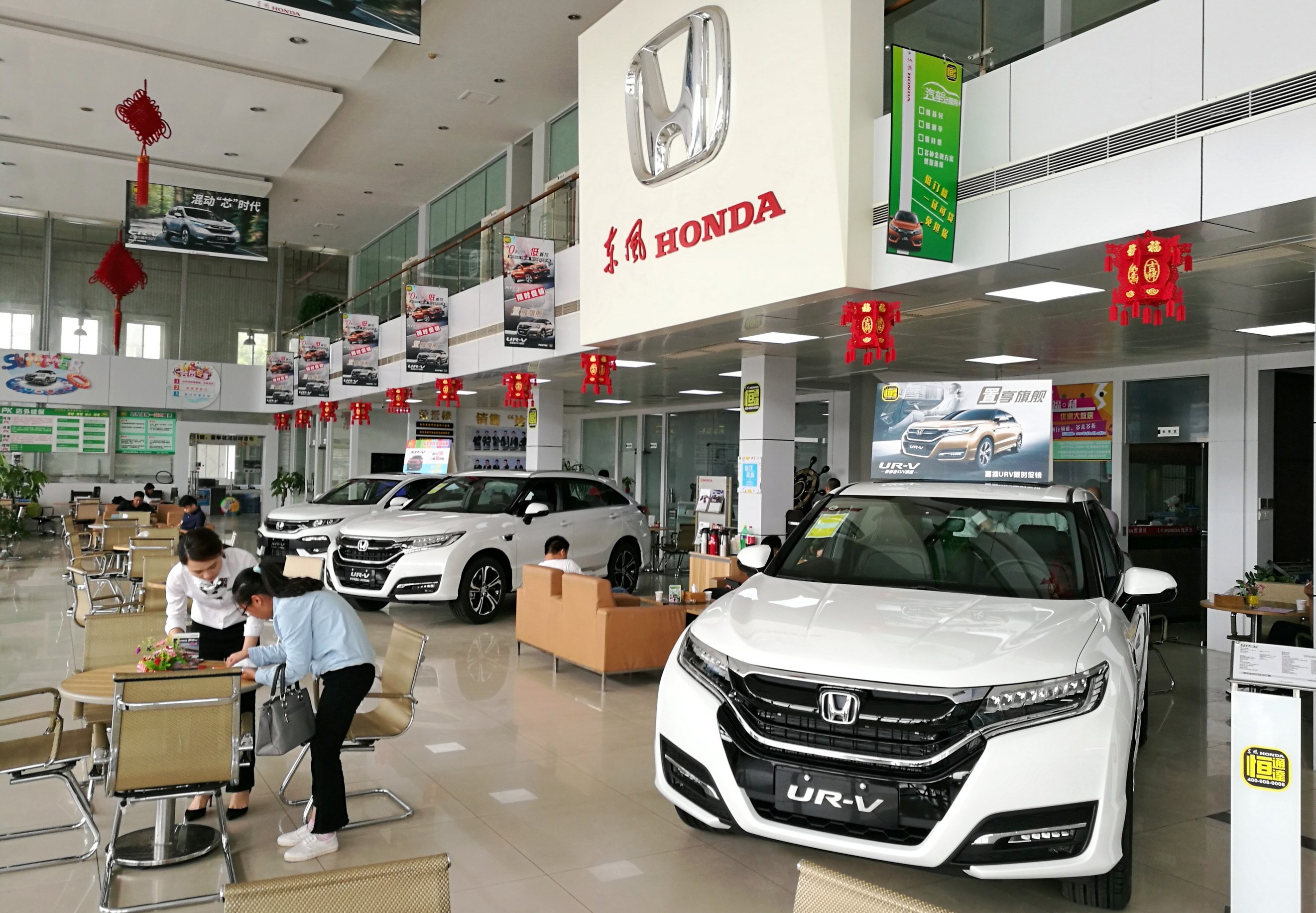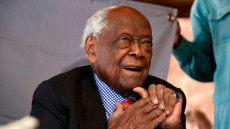- Honda has announced the closure of its China plant to concentrate on Electric vehicles.
- The plant has been producing 50,000 internal combustion cars annually, among them the Honda City and Accord for exports to America, Russia and the Japanese Domestic Market.
- Despite falling global demand for electric vehicles, Honda is still on track for a strategic partnership with rival Japanese automaker, Nissan to Manufacture Electric Vehicle components and A.I systems for automotive platforms.
As the world goes green and the adoption of electric cars becomes mainstream, Honda has announced the closure of its China plant to concentrate on Electric vehicles.
The plant, which has been in operation for over 20 years, has been pumping out 50,000 internal combustion cars annually, among them the Honda City and Accord, for exports to America, Russia and the Japanese Domestic Market.
The October closure will end a 20-year-old joint venture with Chinese automaker Guangzhou Automobile Group, China's fifth largest automobile manufacturer.
Besides going Electric, Honda has cited competition from Chinese automakers as one of the reasons for the closure, saying it faces tough conditions in the world's largest auto market (China).
Despite falling global demand for electric vehicles, which convinced Toyota they were right all along, Honda is still on track for a strategic partnership with rival Japanese automaker, Nissan to Manufacture Electric Vehicle components and A.I systems for automotive platforms.
Read More
The partnership is aimed at helping the two companies develop economies of scale, as Nissan has been struggling with its Leaf and Ariya models since the entry of China’s BYD into the market.
Honda aims to increase its ratio of electric vehicles to 100% by the year 2040. Biggest rival Japanese automaker, Toyota has been on the opposing end when it comes to the adoption of electric vehicles saying Electric Vehicles are not the answer.
Toyota, which has tested the waters with its limited-production BZ4X, is committed to expanding research into alternative propulsion fuels such as hydrogen with the Toyota Mirai, while still producing internal combustion engines.







-1732023080-md.jpg)




